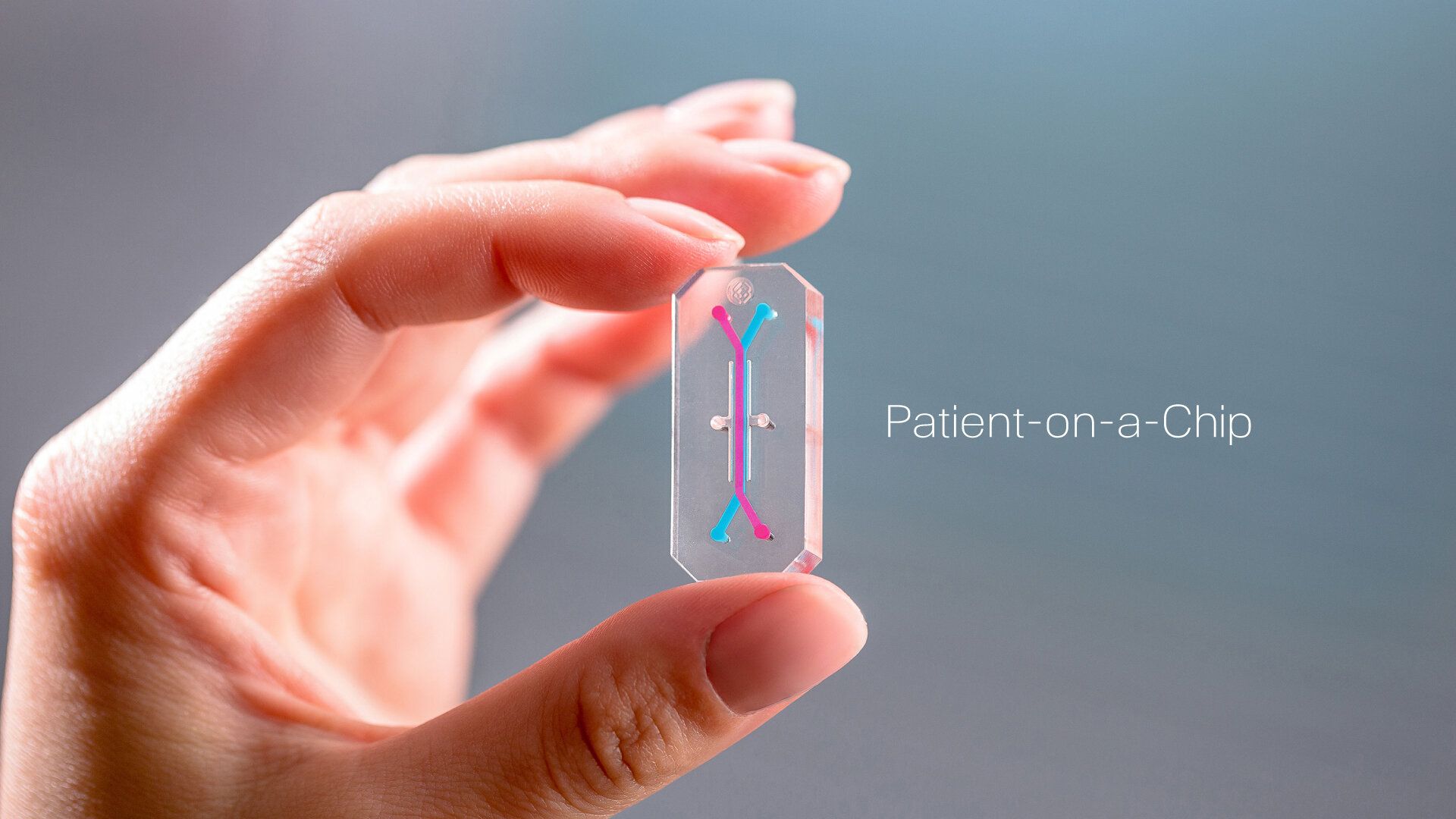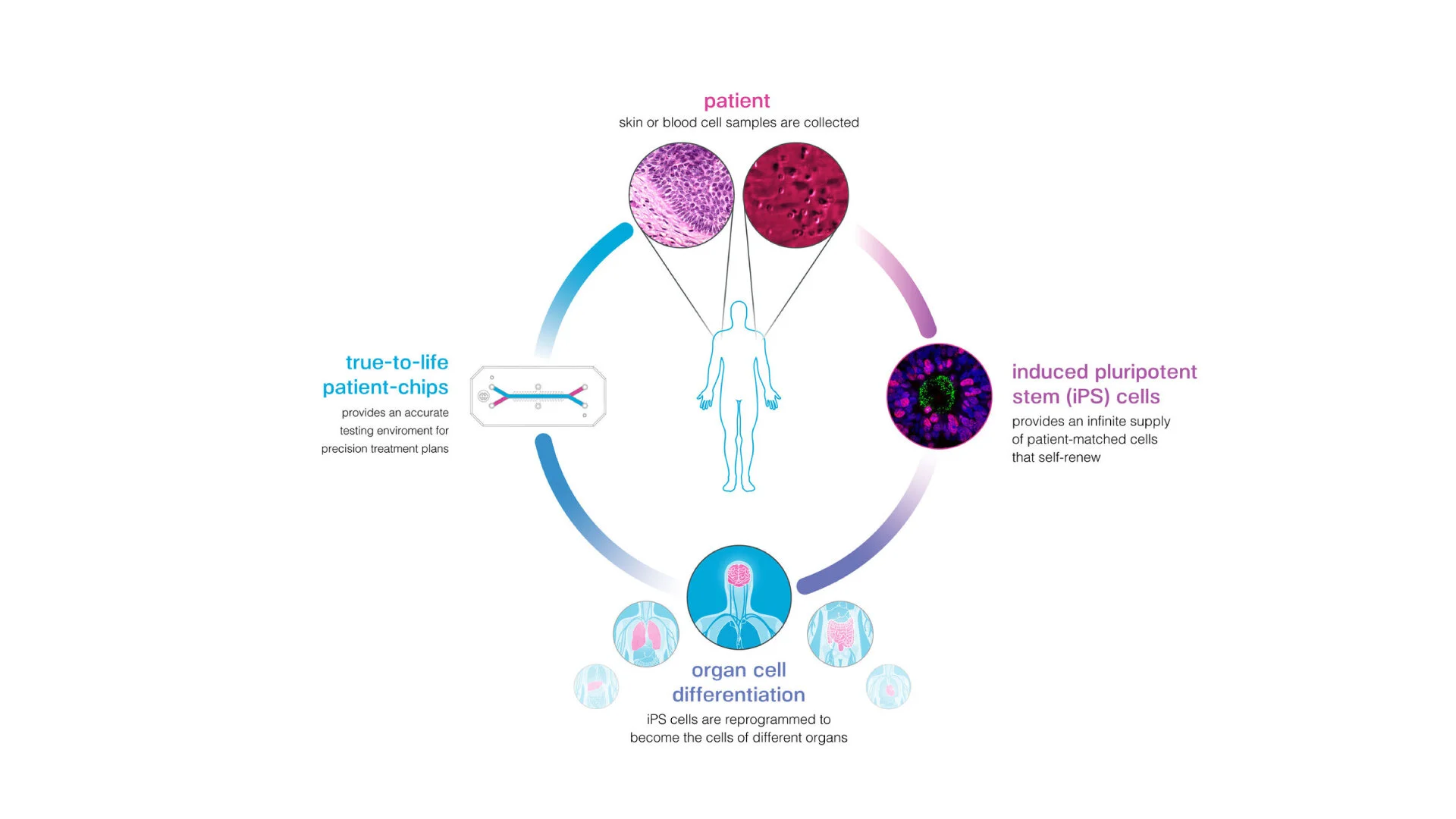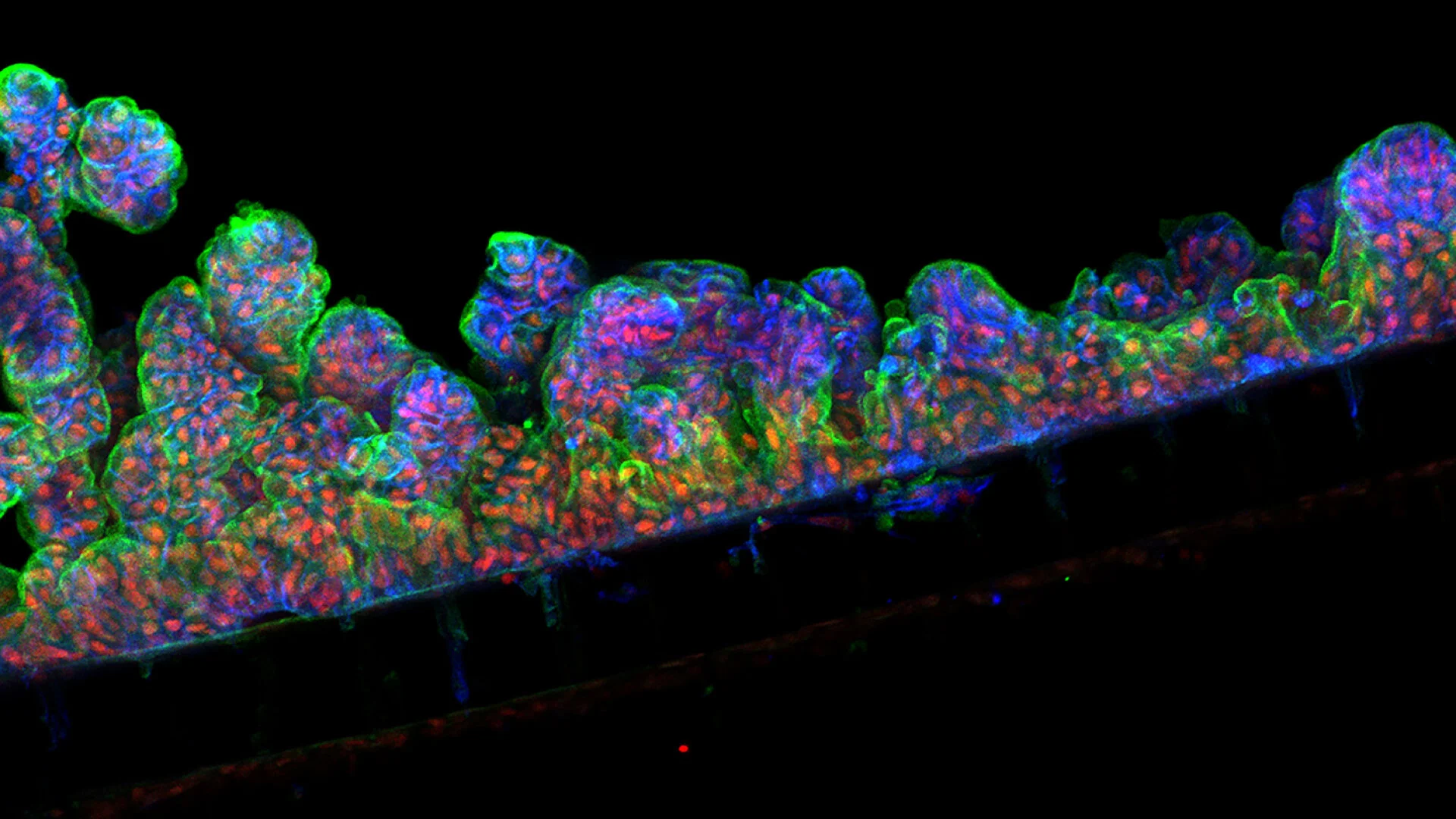
STARTUP
Emulate, Inc.
PARTNERS
Harvard University
Wyss Institute for Biologically Inspired Engineering
DARPA
U.S. Food & Drug Administration (FDA)
PROJECT TYPE
Technology Translation
Purpose + Identity
Strategic Vision
Strategy + Funding + Roadmaps
Culture + Workplace Design
Product R&D
Ecosystem + Adoption
Brand + Communications
LOCATION
Boston, MA
SECTOR
Academia
Healthcare
Technology
Government
Establishing the Long-Term Vision for a Radical New Healthcare Technology
Enabling Doctors to Make More Informed Decisions for Better Health Outcomes; Personalized Treatments Tailored to a Patient’s Unique Biology & Disease
Researchers know that people respond differently to foods, drugs, and chemicals. For example, a medication may be effective in one individual, while it makes another even more ill. However, doctors routinely prescribe medications to patients via informed guesswork - currently there’s no way to test how a treatment plan would affect a specific person, before administering it to them.
The promise of precision medicine is that when a patient is sick, a clinician will be able to develop a tailored treatment plan that takes into account that patient’s unique biology. Better information about how a patient will respond to a disease and to a subsequent treatment will help doctors make more informed decisions. The question is, how do we deliver on this promise?
“By flowing drugs through Organ-Chips containing a patient’s own cells and tissue, we could predict which treatment is most beneficial for that patient”
—Clive Svendsen, PhD, Cedars-Sinai Regenerative Medicine Institute
Waste in the U.S. healthcare system is $760 billion to $935 billion annually, or 25% of total medical spending, according to a new analysis published in JAMA. Key issues in treating patients include failure of care delivery, failure of care coordination, over-treatment or low-value care. To combat this ineffectiveness, health plans are increasingly paying for care via value-based models that reward doctors and hospitals for achieving quality measures and improving patient outcomes.
In the effort to provide clinicians with better information about their patients and improve patient health outcomes, Lewis worked with experts across the health sector to formulate a vision and prototype for radical new precision medicine offering. This “Patient-on-a-Chip” program holds the potential to advance the field of precision medicine and provide clinicians with a new system that more accurately predicts an individual’s response to foods, medicines, and chemicals.
This program - which combines the stem cell expertise of Cedars-Sinai Medical Center with Emulate’s radical Organs-on-Chips technology - holds the potential to change the way diseases are treated. It will also change the way each of us understands and manages our own health by providing deeper insights into our own biology.
Emulate, Inc: In the recursive circle of precision medicine, the expertise and experiential knowledge of doctors and clinicians will be supplemented with data produced by our living products and the analytic power of AI.
“Cedars-Sinai’s world-class stem cell expertise and discovery, combined with Emulate’s pioneering Human Emulation System, is poised to reshape the future of medical care”
—Shlomo Melmed, MB, ChB, dean of the medical faculty at Cedars-Sinai
> Press Release and Scientific Data
Cedars-Sinai and Emulate Advance Precision Medicine With Organs-on-Chips
> Precision Medicine Feature in National Geographic
The Future Of Medicine - How personalized medicine is transforming your health care











